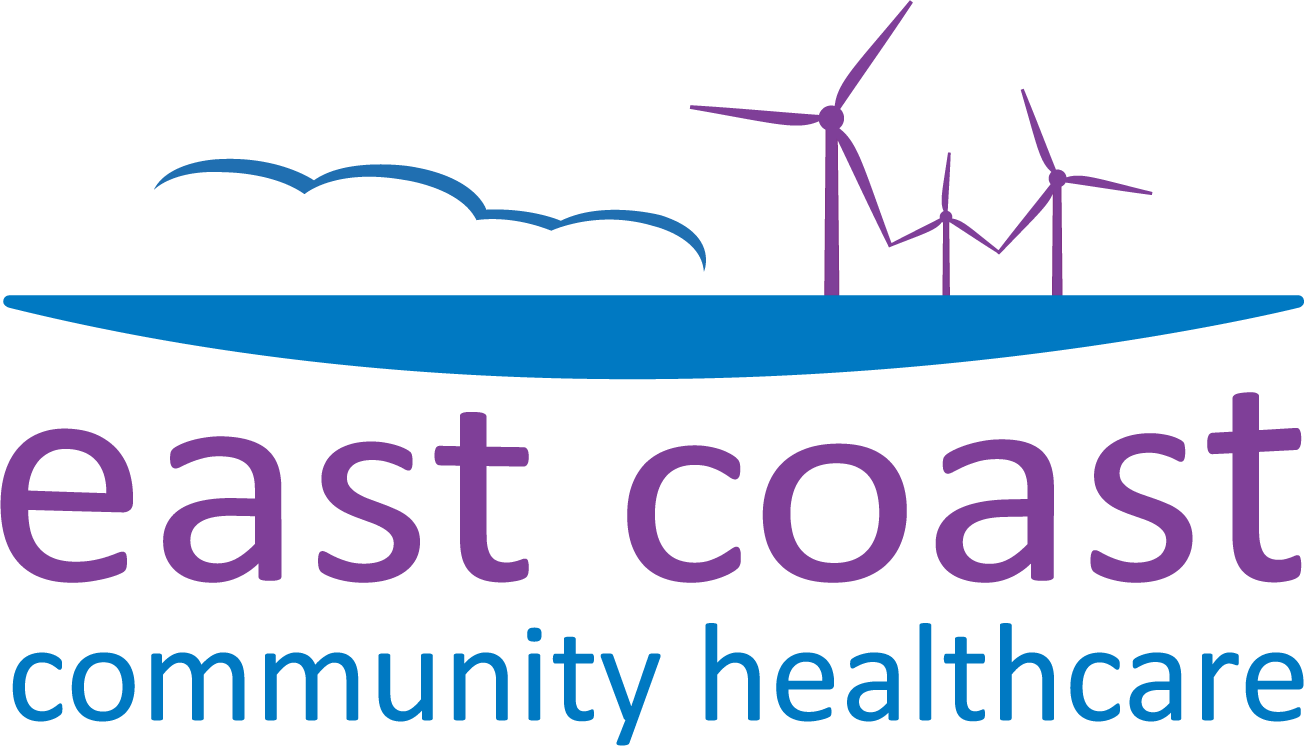Managing diet
Managing Diet with regards to ME/CFS
Advice from the British Dietetic Association is as follows:
There are many diets that claim to improve ME/CFS symptoms (e.g. anti-candida diet). Although some people find them helpful, there is little scientific evidence (evidence based on clinical trials) to support these claims. These diets can be restrictive and create more work for sufferers and their carers.
The body needs a balance of foods. Eat regularly. Many people find small meals and snacks are helpful.
Foods to choose are:
- Bread, other cereals and potato including rice, pasta – eat a portion at every meal. Eat slow release starchy foods such as wholemeal varieties.
- Fruit and veg – aim to eat five or more portions daily. Fruit makes an ideal snack.
- Meat and fish plus alternatives such as chicken, egg, nuts, quorn, beans, pulses, soya alternatives. Include these at two meals.
- Milk and milk products including cheese and yoghurts.
It is common for there to be weight changes in those with ME/CFS:
- Weight loss can occur if the appetite is poor and nausea is present, or if it is difficult to buy and prepare foods due to fatigue. To help minimize this eat regularly. Try small, quick and easy meals and nourishing snacks. If nauseous snack on dry starchy foods and sip fluids. Report to your GP or health professional if you are continuing to lose weight.
- Weight increase may result from a much reduced activity level, when appetite remains unchanged. Typically, exercising can sometimes make muscle pain and fatigue worse. To counteract a lower activity level choose healthy foods with a good intake (5+ portions) of fruit and vegetables. Energy-rich (high fat/sugar) foods such as biscuits, chocolate, cake, crisps and sugary drinks need to be kept to a minimum.
Food allergy and intolerance
ME/CFS may affect or be affected by the immune system, but exactly how is unknown. As some people find that symptoms can worsen after eating, it is not surprising that food is blamed. If someone has IBS type symptoms it is fairly rare that these would be due to a true food allergy. More often symptoms may be caused by food intolerance.
There are many tests available commercially claiming that they can diagnose food intolerance and allergy e.g. kinesiology, electrodermal (Vega) testing or hair analysis. There is no convincing evidence to support any of these tests and they do not diagnose true food allergy. The only reliable way to identify the problem foods is by following an elimination or exclusion diet. Your doctor can refer you to a registered dietician if you would like further advice on food allergy or intolerance.
The NICE guidelines for ME/CFS state that exclusion diets are not generally recommended, but many people find them helpful in managing their symptoms, including bowel symptoms. If undertaking an exclusionary, diet seek advice from a dietician because of the risk of malnutrition.
What about supplements?
There is need for further research in this area. There are many nutritional supplements, including vitamins, minerals and essential fatty acids (omega 3s) and co-enzymes claiming to help tiredness. Some are very expensive and contain mega doses of the active ingredient. Large doses can be harmful, for instance Vitamin A or B6.
If you are concerned about your nutritional intake, keep to a multi-vitamin and mineral supplement, with no more than 100% of recommended daily intake (RDA).
If you are housebound, or go outside little, we recommend that you take a vitamin D supplement at 100% of RDA. This is especially important for adolescents and in women after the menopause to reduce the risk of future bone problems.
